M.Sc. - Dietetics and Nutrition
Durgapur | Kolkata
2 years
PG
MAKAUT
Bachelor degree
To complete admission online, follow the steps below:
The increasing awareness regarding staying fit and healthy and avoiding high-calorie unplanned diets contributes to the high demand for professional dieticians and nutritionists in India and abroad. After completing the programme M.SC. IN DIETETICS AND NUTRITION , one can work as:

Assam Medical College
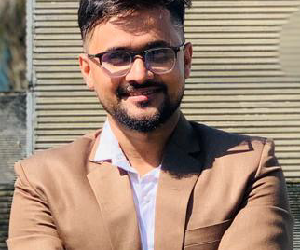
UNICEF
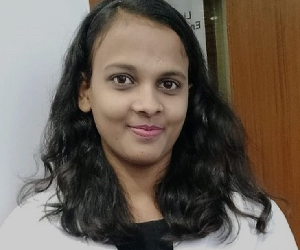
Fernandez Hospital

ILS Tripura
The core curriculum of M.Sc. in Dietetics and Nutrition includes:
Kolkata, known for its rich history, culture, and educational opportunities, is an ideal destination for pursuing a B.Sc. in Psychology course in K...
Read MoreThe landscape of journalism has undergone a seismic shift in recent years. Traditional media, like newspapers, television, and radio, once the pill...
Read MoreWith digital cinema taking over, the film industry has moved from using film to using digital technology for every step, from filming to editing an...
Read MoreMeet our faculty members
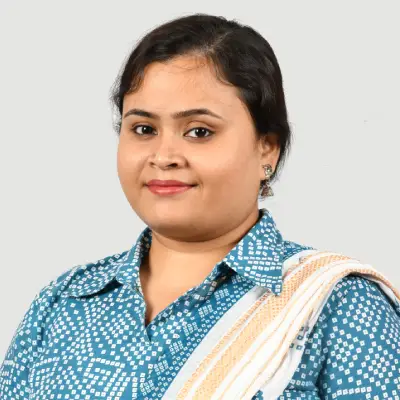
Department of Dietetics & Nutrition
Kolkata
Physiology, pathophysiology of different diseases, Community Nutrition,Dietary Management ,Biochemistry
Physiology, pathophysiology of different diseases, Community Nutrition,Applied Dietetics, Biochemistry
MSc in Applied Nutrition,West Bengal University of Health sciences, .
BSc in Clinical Nutrition & Dietetics,Calcutta University
All India Institute of Hygiene and Public Health, Guest Lecturer,November 2021 - April 2023
2 Years
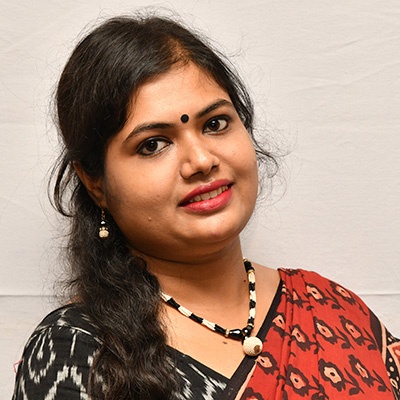
Department of Dietetics & Nutrition
Durgapur
Dietary Management of different diseases, Food Microbiology, Basics of Nutrition, Nutrition Education & Communication, Principles of Food Science, Biometric Assessment of Nutritional Status
Community Nutrition, Nutrition Education & Communication, Clinical Nutrition, Dietary Management of Diseases
M.Sc. in Applied Nutrition(Gold Medalist) National Institute of Nutrition (ICMR-NIN), Hyderabad;
B.Sc. Honours in Food Science & Nutrition (University 3rd Rank Holder, College Topper), The University of Burdwan,
3.5 Years
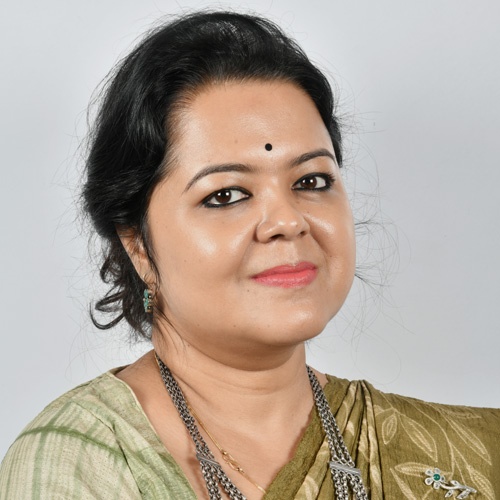
Department of Dietetics & Nutrition
Durgapur
PRINCIPLES OF DIETETICS, COMMUNITY HEALTH, THERAPEUTIC DIET, FOOD SAFETY, FOOD MICROBIOLOGY, BIOCHEMISTRY, PHYSIOLOGY, BIOMETRIC ASSESSMENT
RESEARCHES ON -SINGLE CELL PROTEIN, FOOD FORTIFICATION, NANOFOOD COMPOUNDS NEUTRACEUTICALS HAVING ANTICANCEROUS ACTIVITY
PART-TIME
REGULAR
REGULAR
17 Years
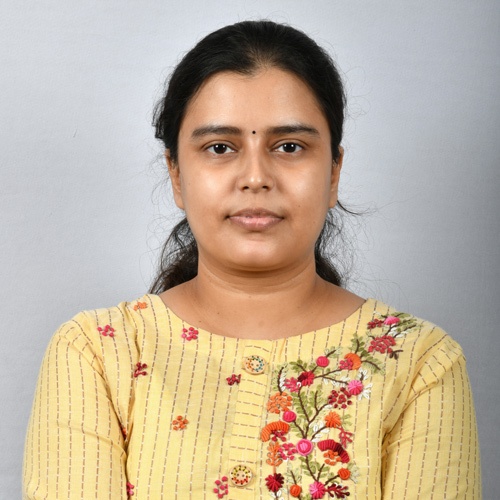
NIHS
Kolkata
Biochemistry, Physiology, Microbiology, Diet Therapy
Chronobiology
Ph.D. in Biochemistry, University of Calcutta (Full Time Regular-01.06.2016-31.08.2022)
M.Sc. in Applied Nutrition, The West Bengal University of Health Sciences (Full Time Regular- 2011-2013)
B.Sc. in Clinical Nutrition & Dietetics (Full time Regular-2008-2011)
UGC SRF, Department of Biochemistry, University of Calcutta, (01.06.2016-31.08.2022)
2 Years
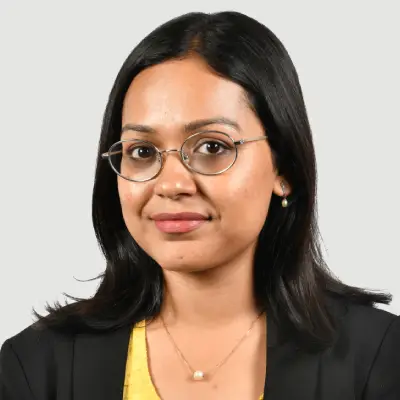
Dietetics & Nutrition
Kolkata
Theraputic Diet , Nutritional Biochemistry, Human Physiology, Food Microbiology , Sports Nutrition , Community Nutrition
Sports Nutrition, Community Nutrition
M.Sc. Applied Nutrition The West Bengal University of Health Sciences
B.Sc. Major Clinical Nutrition & Dietetics University of Calcutta
University of Calcutta P.hD. Scholar
2.6 Years
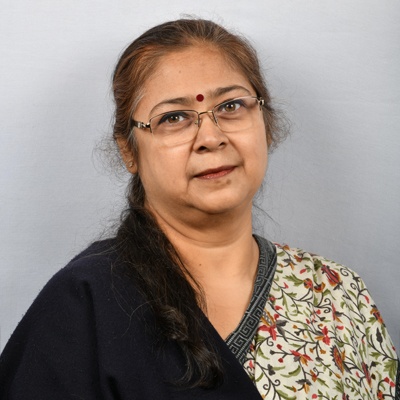
Department of Allied HealthNIHS
Kolkata
Nutrition
M.Sc. (F&N), Calcutta University
B.Sc. (Hons.), Calcutta University
IHM , Kolkata / CU, Bagbazar / Amity University
24 Years